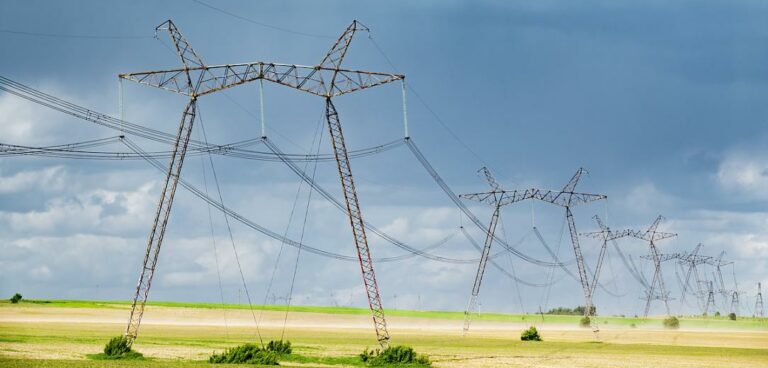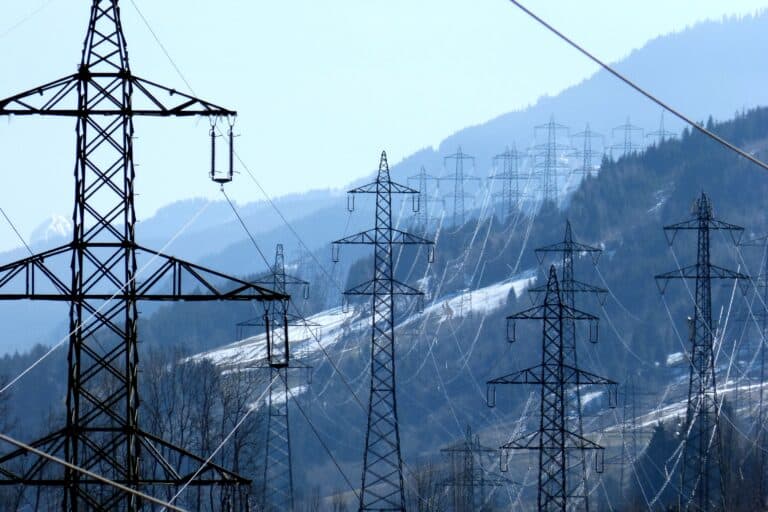
Europex response to the public consultation on ACER decision on harmonised allocation rules for long-term electricity transmission rights
Please see our response to selected questions attached.

Please see our response to selected questions attached.

Please see our response to selected questions attached.

We urge the co-legislators to take the necessary time to fully understand the complexity of this file and seek the viewpoints of stakeholder who have worked closely with ACER to tailor REMIT into the tool it is today.

We urge lawmakers to carefully assess these proposals to ensure that the EMD package is beneficial to the functioning of short-term markets, the liquidity of long-term markets and the deployment of flexibility assets.

we call on Member States to end inframarginal revenue caps by 30 June as set out in the 6 October Regulation. We also call on the EU co- legislators to ensure revenue caps remain outside of the scope of the current reform of the Electricity Market Design.

The Electricity Market Design reform is an opportunity to future-proof the regulatory framework to enable the decarbonisation of the European economy.

Europex welcomes this opportunity to comment on the future design of the European electricity market. Please see our response to selected questions.

The tasks performed by delegated operators include, among others, imbalance
calculation and settlement, data publication related to electricity balancing markets and
issuing of the rules related to balancing markets and imbalance settlement.

We would like to take this opportunity to offer additional guidance to ensure that these emergency measures are not adopted without due consideration of their short- and mid-term effects.

Following the urgency legislation in the gas sector, notably regarding gas storage and gas demand reduction in the spring and early summer, the European Commission
You are currently viewing a placeholder content from Vimeo. To access the actual content, click the button below. Please note that doing so will share data with third-party providers.
More InformationYou are currently viewing a placeholder content from YouTube. To access the actual content, click the button below. Please note that doing so will share data with third-party providers.
More InformationYou need to load content from reCAPTCHA to submit the form. Please note that doing so will share data with third-party providers.
More Information